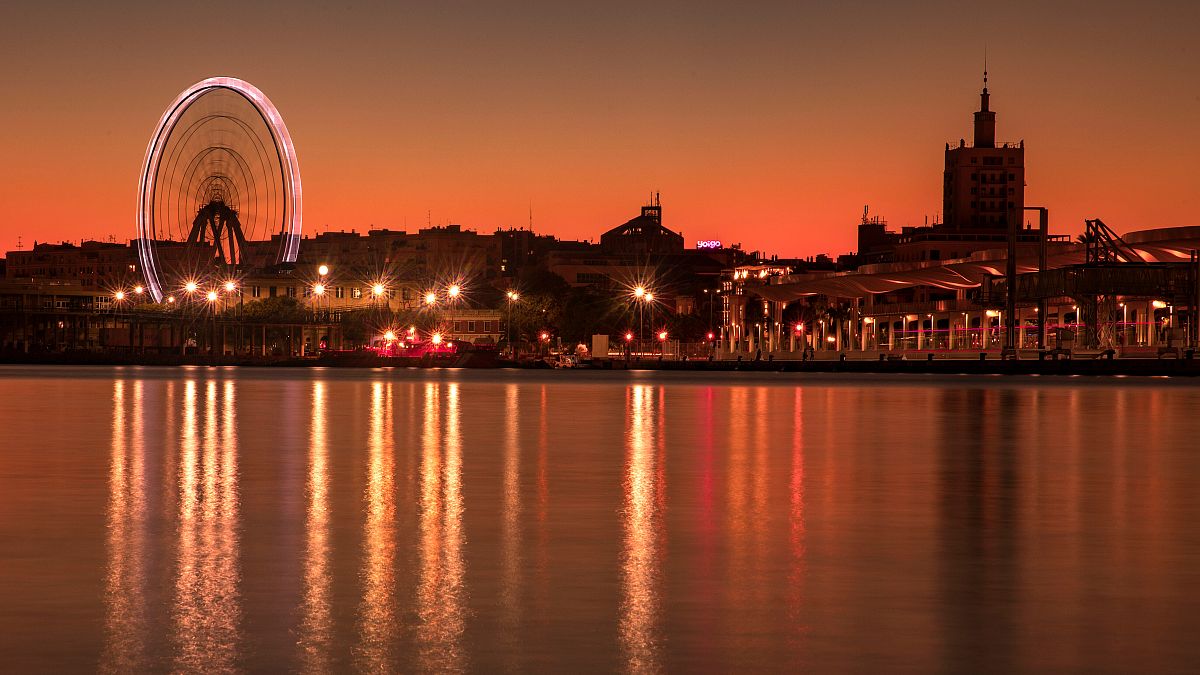The Spanish city is one of several around Europe where rents for residents have soared while AirBnB and other platforms thrive.
For the first time, Malaga is putting the brakes on the proliferation of tourist accommodation, with the city council now limiting new licences to properties with a separate entrance.
Malaga thus joins other cities and territories that have promoted similar or more restrictive measures, such as Balearic Islands, San Sebastian, Barcelona, Gijón, Madrid, Seville and Valencia, where a one-year moratorium on new tourist housing licences came into effect on 30 May.
According to the Andalusian Regional Government Register, Malaga has 12,124 dwellings licensed for tourist use. In the whole of Spain there are more than 350,000, with 1.75 million places on offer according to data published by the National Statistics Institute last February.
Among Spanish cities with more than half a million inhabitants, Malaga has the largest presence of tourist flats: 2.7% of all its properties are earmarked for visitors, compared to the national average of 1.33%. More to the point, the city has seen a 14-fold explosion in tourist housing in recent years.
The implications for residents are severe, with experts blaming the trend for a sharp rise in the cost of renting and buying property. The city is consistently at the top end of real estate cost rankings.
The Malaga Tenants’ Union has raised the alarm about the impact of the tourist accommodation surge, saying it has led to the effective expulsion of residents from various neighbourhoods as housing units become unavailable and rents soar.
